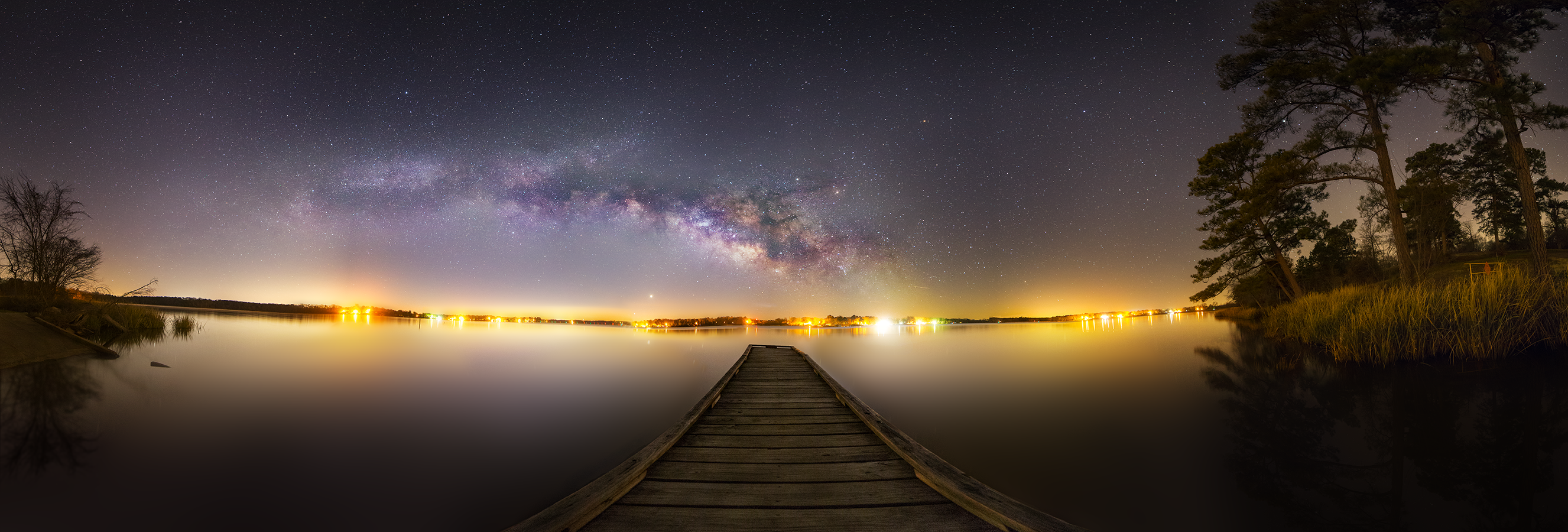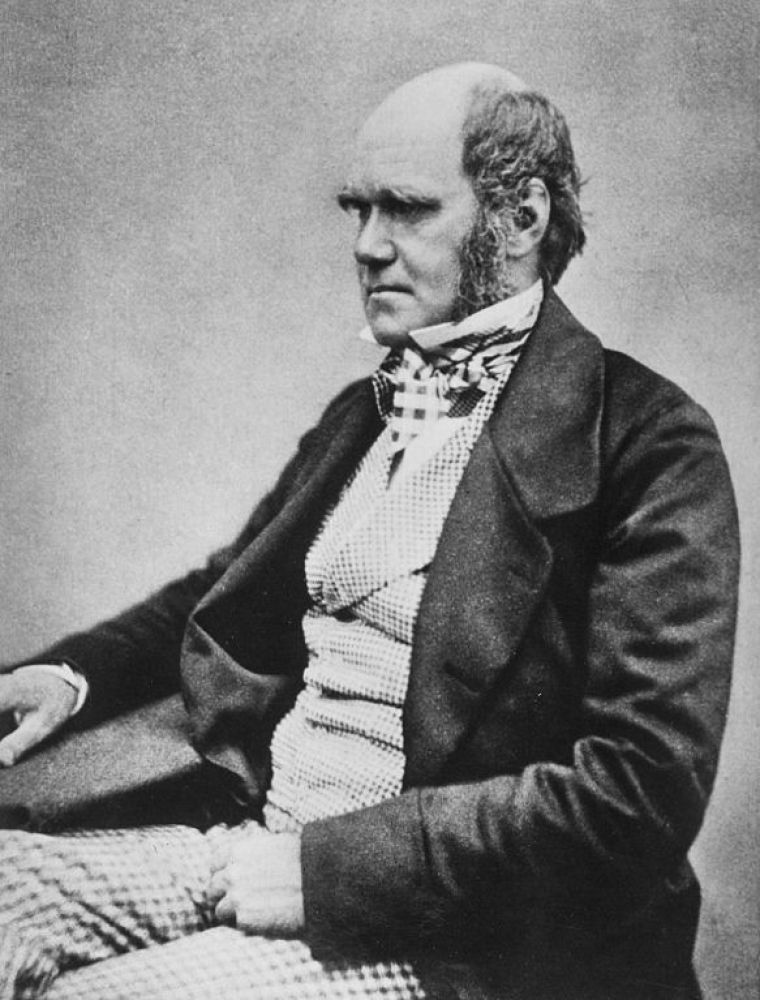Dear Friends,
http://www.huffingtonpost.com/2012/10/28/soul-after-death-hameroff-penrose_n_2034711.html
Be Well.
David


SUBTITLES IN ENGLISH, ESPAÑOL, PORTUGUÊS
Click upon the circle after the small square for captions
How to Digitally Record/Video a UFO sighting:
Como registar digitalmente ou gravar um vídeo de um avistamento de um UFO:
Stabilize the camera on a tripod. If there is no tripod, then set it on top of a stable, flat surface. If that is not possible lean against a wall to stabilize your body and prevent the camera from filming in a shaky, unsteady manner.
Estabilize a camera com um tripé. Se não tiver um tripé, então coloque-a em cima de uma superfície estável. Se não for possível, então encoste-se a uma parede para estabilizar o corpo e evitar que a camera registe de maneira tremida e instável.
Provide visual reference points for comparison. This includes the horizon, treetops, lampposts, houses, and geographical landmarks (i.e., Horsetooth Reservoir, Mt. Adams, etc.) Provide this in the video whenever is appropriate and doesn’t detract from what your focus is, the UFO.
Forneça pontos visuais de referência para comparação. Isso inclui o horizonte, cimo das árvores, postes de iluminação, pontos de referência geográficos (como o Reservatório de Horsetooth, Mone Adams, etc) Forneça esses pontos no vídeo sempre que for apropriado e não se distraia do que é o seu foco, o UFO/a Nave.
Narrate your videotape. Provide details of the date, time, location, and direction (N,S,E,W) you are looking in. Provide your observations on the weather, including approximate temperature, windspeed, any visible cloud cover or noticeable weather anomalies or events. Narrate on the shape, size, color, movements, approximate altitude of the UFO, etc and what it appears to be doing. Also include any unusual physical, psychological or emotional sensations you might have. Narrate any visual reference points on camera so they correlate with what the viewer will see, and thereby will be better able to understand.
Faça a narração do vídeo. Forneça pormenores sobre a data, hora, local e direcção (Norte, Sul, Este, Oeste) que está a observar. Faça observações sobre as condições atmosféricas, incluindo a temperatura aproximada, velocidade do vento, quantidade de nuvens, anomalias ou acontecimentos meteorológicos evidentes. Descreva a forma, o tamanho, a cor, os movimentos, a altitude aproximada onde se encontra o UFO/nave, etc e o que aparenta estar a fazer. Inclua também quaisquer aspectos pouco habituais de sensações físicas, psicológicas ou emocionais que possa ter. Faça a narração de todos os pontos de referência visual que o espectador irá ver e que, deste modo, será capaz de compreender melhor.
Be persistent and consistent. Return to the scene to videotape and record at this same location. If you have been successful once, the UFO sightings may be occurring in this region regularly, perhaps for specific reasons unknown, and you may be successful again. You may also wish to return to the same location at a different time of day (daylight hours) for better orientation and reference. Film just a minute or two under “normal” circumstances for comparison. Write down what you remember immediately after. As soon as you are done recording the experience/event, immediately write down your impressions, memories, thoughts, emotions, etc. so it is on the record in writing. If there were other witnesses, have them independently record their own impressions, thoughts, etc. Include in this exercise any drawings, sketches, or diagrams. Make sure you date and sign your documentation.
Seja persistente e não contraditório. Volte ao local da cena e registe o mesmo local. Se foi bem sucedido uma vez, pode ser que nessa região ocorram avistamentos de UFOs/naves com regularidade, talvez por razões específicas desconhecidas, e talvez possa ser novamente bem sucedido. Pode também desejar voltar ao mesmo lugar a horas diferentes do dia (durante as horas de luz)para ter uma orientação e referência melhor. Filme apenas um ,inuto ou dois em circunstâncias “normais” para ter um termo de comparação. Escreva tudo o que viu imediatamente após o acontecimento. Logo após ter feito o registo da experiência/acontecimento, escreva imediatamente as impressões, memórias, pensamentos, emoções, etc para que fiquem registadas por escrito. Se houver outras testemunhas, peça-lhes para registar independentemente as suas próprias impressões, pensamentos, etc. Inclua quaisquer desenhos, esbolos, diagramas. Certifique-se que data e assina o seu documento/testemunho.
Always be prepared. Have a digital camera or better yet a video camera with you, charged and ready to go, at all times. Make sure you know how to use your camera (and your cell phone video/photo camera) quickly and properly. These events can occur suddenly, unexpectedly, and often quite randomly, so you will need to be prepared.
Esteja sempre preparado, Tenha sempre uma camera digital, melhor ainda, uma camera vídeo consigo, carregada e pronta a usar sempre que necessário. Certifique-se que sabe como lidar com a sua camera (ou com o seu celular/camera fotográfica) rápida e adequadamente. Esses acontecimentos podem acontecer súbita e inesperadamente e, por vezes, acidentalmente, por isso, necessita estar preparado.
Look up. Be prepared. Report. Share.
Olhe para cima, Esteja preparado, Relate, Partilhe.
MUFON.COM